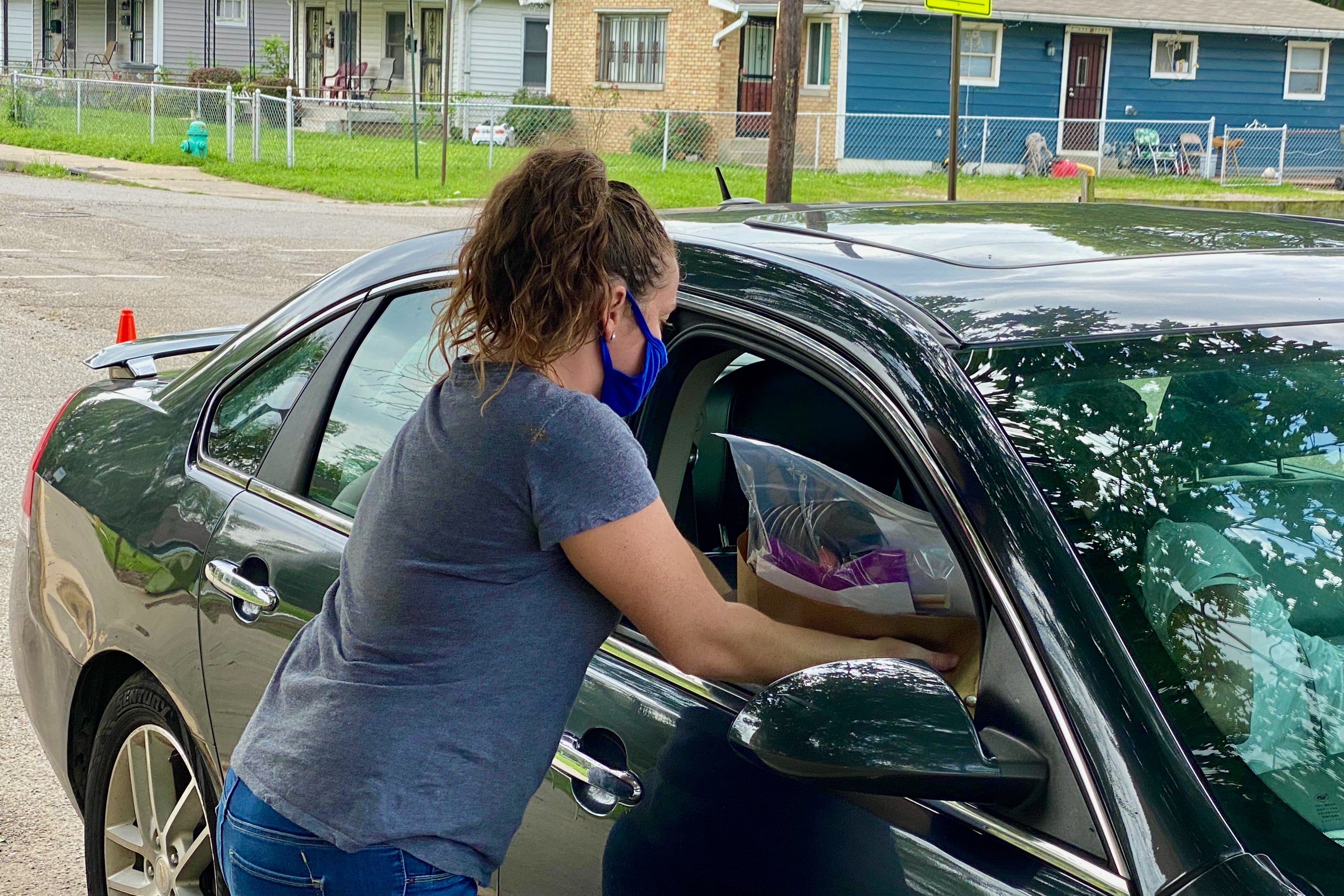Several Indianapolis nonprofits are creating a multi-site community child care network that will provide e-learning supervision for students whose schools are operating remotely this year.
The Mind Trust, an Indianapolis nonprofit that supports schools, is organizing the effort and giving $200,000 in grants to the sites. The child care will be free, and 11 sites will begin operating by Aug. 24 and run at least until Oct. 16, according to a release from the organization.
The sites will initially have space for at least 500 students. Providers will focus on serving students who attend schools in Indianapolis Public Schools boundaries, but other students can participate based on need. For more information visit CommunityLearningSites.org. All sites will provide daily breakfast and lunch.
Thousands of Indianapolis students will be in school remotely this year, putting intense pressure on working parents whose children are learning virtually and lack child care. Districts including IPS and multiple charter schools shifted to virtual instruction for the start of the year because of coronavirus safety concerns.
“Marginalized families in Indianapolis continue to shoulder a disproportionate burden as a result of COVID-19,” said Brandon Brown, CEO of The Mind Trust, in a statement. “As many schools make the understandable decision to begin the new school year virtually, families continue to tell us and our community partners that they need support navigating the many obstacles they currently face.”
The sites aim to address the concern that children without sufficient academic supervision and support at home will fall behind in school. The Mind Trust is also looking to hire facilitators to work with small groups of students at the sites on e-learning.
The Mind Trust chose the child care providers based on their interest, capacity to begin programming, and location in high-need areas, according to the release. The sites can use the funding for personnel costs, facility costs, wireless infrastructure, meals, personal protective equipment, and transportation support for families.
The child care sites are:
- Chaney Microlearning Center
- Christamore House
- Cornerstone Lutheran Church Indianapolis, in partnership with Shepherd Community Center
- Crossroads AME Church
- Edna Martin Christian Center
- Freedom Academy Inc. (The Reset Center)
- Hawthorne Community Center
- Kids Inc., in partnership with Shepherd Community Center
- Shepherd Community Center
- Tabernacle Presbyterian Church
- Westside Missionary Baptist Church
Update: Aug. 14, 2020: This story has been updated to reflect a change in location for a child care site. Child care will be offered at Shepherd Community Center.






